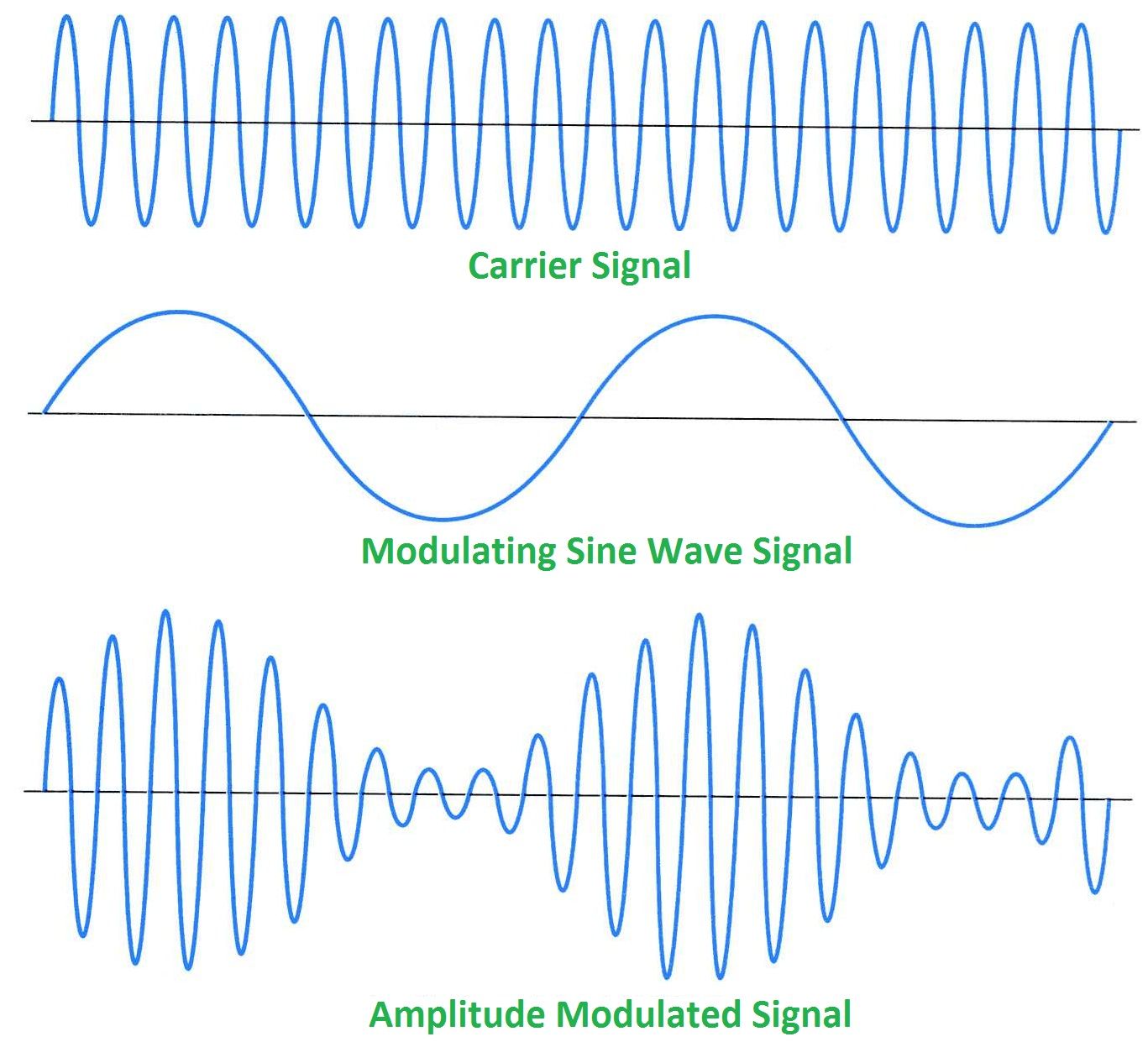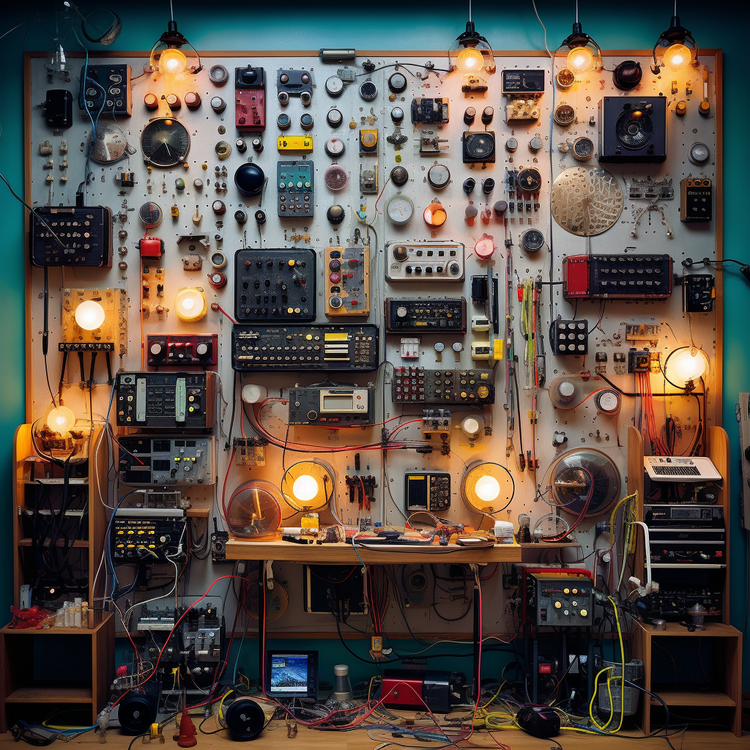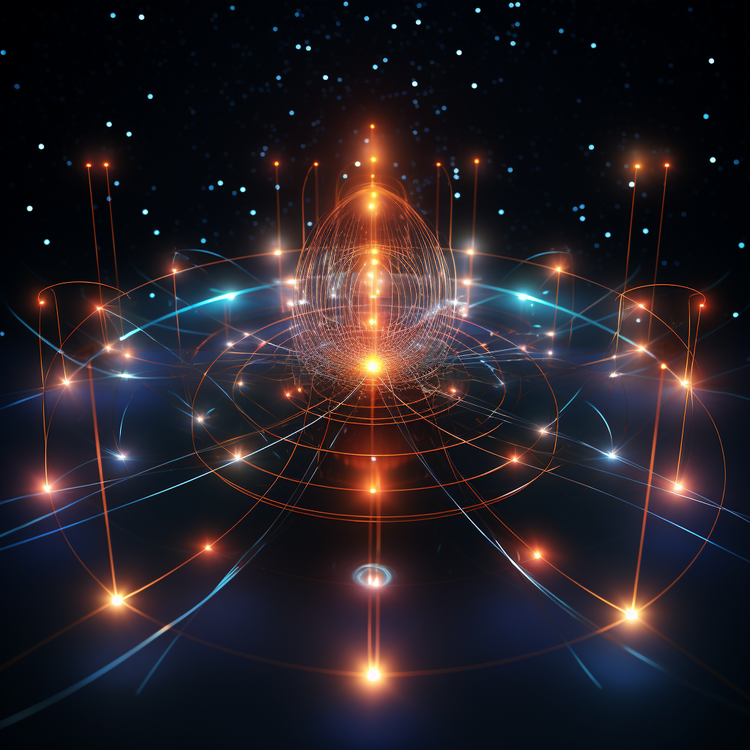Why do fluorescent lights mess up my WiFi signal?

Recently, a reader emailed me with a question that stumped me for a bit. He had noticed that fluorescent lights seemed to degrade his wifi signal. I had heard that before but only in passing. His question was a simple "Why?"
Ultimately, I ended up talking to an electromagnetics Ph.D. about it. He broke it down into fairly simple terms for me. As discussed in a previous article, thermionic emission occurs in the lamp portion of a fluorescent light bulb. This occurs as an arc passes through the mercury vapor present in the lamp. One side effect of this is the production of radio waves up to a few megahertz in frequency.

Wifi operates on radio waves at about 2.4 or 5Ghz.
Now I know what you are thinking because I was thinking the same thing (electromagnetics is my weak point). How does a relatively lower frequency disrupt a much higher-frequency signal? Turns out, the relatively weaker Wifi signal will still feel the effects of "cross-talk" from the locally stronger radio waves affecting it.
It is possible that the Wifi signal will get picked up as modulation for what is basically a lower-frequency carrier wave.
Another much more simple possibility is that destructive interference is happening often enough to cause dropped message packets between the computer and the router. Sure, you wouldn't expect it to happen that often since the frequencies are mismatched by such a large amount but it doesn't have to happen often to be a nuisance.
Packets get dropped whenever bits are missing based on a checksum test of each packet that arrives. Corrupted data? Your packet gets thrown away. Either way, your Internet experience suffers. Thanks, physics. All possible explanations boil down to different types of electromagnetic interference causing problems with your wifi reception.
For further reading on lighting systems, check out this article on LED lighting.




Member discussion